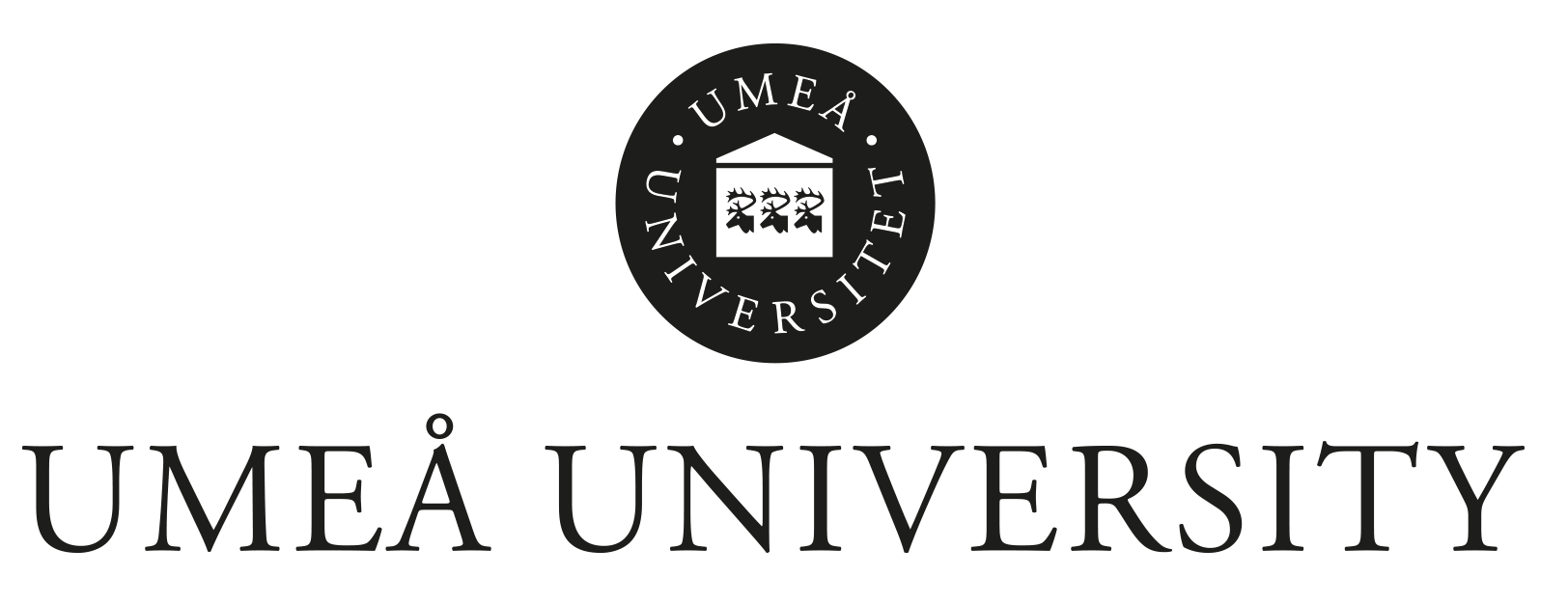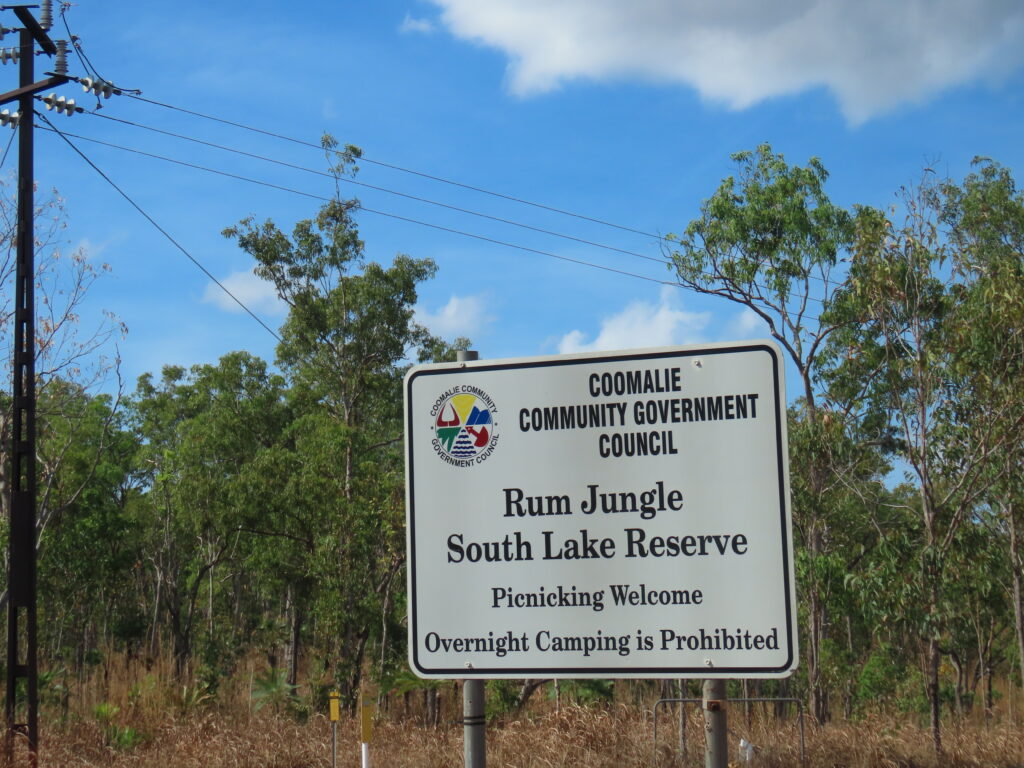The Nuclear Culture Research Group was established by Ele Carpenter in 2011. It is a network of artists, curators, and academics in the nuclear arts, humanities and sciences, as well as nuclear professionals, who share their work and opportunities around nuclear culture to develop new research partnerships. In this context the term ‘nuclear culture’ describes cultural activity investigating conceptual frameworks of the aesthetics of radiation and nuclear decoloniality though the visual, performing and media arts. The term ‘nuclear’ is used to describe the whole techno-scientific cycle from uranium mining, the military industrial complex, energy and the planned final geologic repositories. Group members have been involved in exhibitions, field research, publications and roundtable discussions investigating nuclear sites and artistic research questions.
Nuclear Culture Research Group Email List
The group has an jisc email list for sharing information, moderated by Gair Dunlop (DJCAD, University of Dundee) and Ele Carpenter (Umeå University). The list includes 240 artists, scholars, culutral and nuclear professionals and aims to enhance research dialogues around curation, artistic production, collaboration with scientific colleagues and theory. If you would like to join – please sign up here: www.jiscmail.ac.uk/NUCLEAR-CULTURE-RESEARCH-GROUP
RJ Sabbatical
During 2024 Ele Carpenter is taking a Nuclear Culture Research Sabbatical supported by the RJ Sabbatical Fund to undertake field research in Italy and Australia. Her research will be focused on a new publication with the working title Planetary Nuclear Aesthetics.
In Italy Ele is visiting the Nuclear Decomissioning team at the JRC in Ispra, to find out about how the European Union was built on the Euratom research partnerships and Italy’s nuclear research program. In Australia she will be visiting the Northern Research Centre at the University of Darwin, and visiting artists Alex Ressel and Kerri Meehan with artists in Gunbalanya, Arnhem Land, Northern Territories of Australia.
Vetenskaprådet Exploratory Workshop
During 2024 and 2025 Ele Carpenter is working with a small group of expert arts researchers in nuclear culture to undertake exploratory workshops to Geologic Repositories for the storage of high level radioactive waste in Onkalo in Finland and Forsmark in Sweden, support by the Swedish Research Council. Details below.

